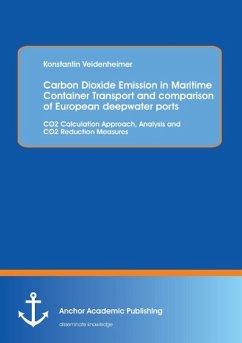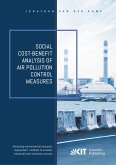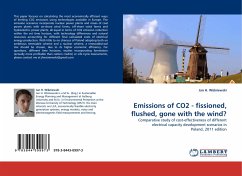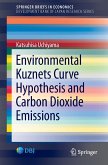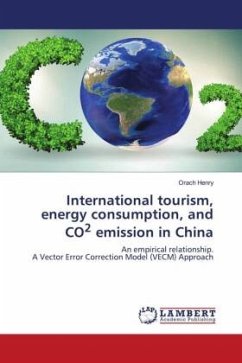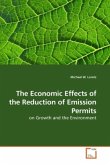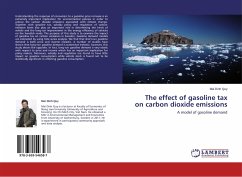Maritime container transport accounts for approximately 90 percent of global trade volumes. Largest container vessels represent challenges for container ports, such as the required draft of 15.5 meters. In order to be competitive, many ports try to integrate in global supply chains. Furthermore, environmental issues play a growing role in the maritime business. Hence, this book concentrates on CO2 emissions from maritime supply chains involving European deepwater ports. This research investigates carbon dioxide emissions of maritime container transport from Asia into the European hinterland through new built German Jade-Weser-Port (JWP) compared to the deepwater ports of Rotterdam, Antwerp, Zeebrugge and Trieste. Furthermore, these ports are compared on the basis of competitive factors such as port characteristics and hinterland connectivity. This book also addresses measures for CO2 reduction in maritime door-to-door container transport.
Bitte wählen Sie Ihr Anliegen aus.
Rechnungen
Retourenschein anfordern
Bestellstatus
Storno

